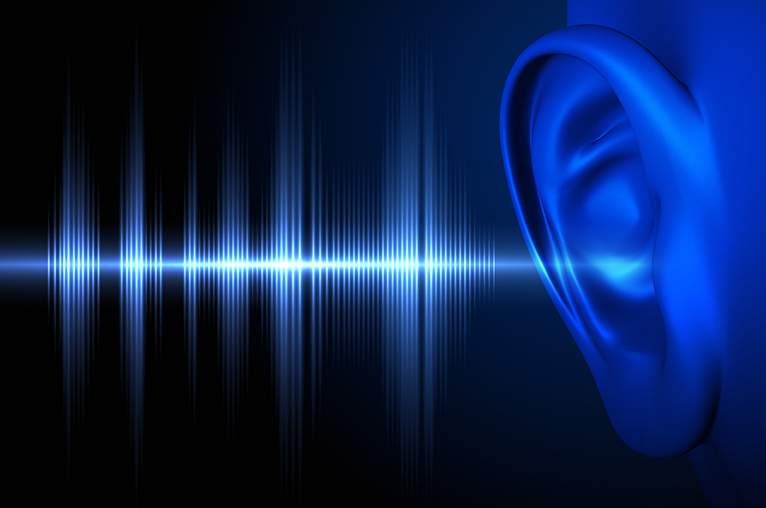An Audiologist is the professional who specializes in evaluating and treating people with hearing loss. Audiologists hold masters or doctoral degrees in the identification, treatment and prevention of hearing loss for people of all ages. An Audiologist will conduct a comprehensive hearing evaluation, explain your hearing condition to you and will refer for medical treatment if necessary. Audiologists prescribe, fit and dispense hearing aids and other assistive listening devices, if needed.
Better understanding of hearing and hearing loss begins by understanding how we hear.

Sound waves are collected by the outer ear and channelled along the ear canal to the eardrum. When sound hits the eardrum, the impact creates vibrations which, in turn, cause three bones in the middle ear to move. The smallest of these bones, the stapes, fits into the oval window between the middle and inner ear. When the oval window vibrates, fluid in the inner ear transmits the vibrations into the hearing organ, called the cochlea.
In the inner ear, thousands of microscopic hair cells are bent by the wave-like action of fluid inside the cochlea. The bending of these hairs sets off nerve impulses which are then passed through the auditory nerve to the hearing centre of the brain. This centre translates the impulses into sounds the brain can recognize.
The information provided here is general in nature. If you need further information, please consult your local Audiologist.
In today’s technologically advanced world, hazardous noise levels have become part of our daily life. Off the job, our hearing is assaulted by noise from traffic, construction and lawnmowers. On the job, noise is generated by office or industrial equipment, machinery and power tools. Even recreational activities such as hunting, snowmobiling and listening to loud music can affect your hearing.
Protect your hearing because it’s irreplaceable.
Avoid harmful noise levels. If you have to shout to be heard or if speech sounds muffled after leaving a noisy area, then the level is too high. It is recommended that hearing protection be worn in noisy situations at home and on the job. Earplugs or earmuffs are available from your Audiologist and provide good protection.

If you are exposed to loud noise levels, have your hearing checked annually by an Audiologist.